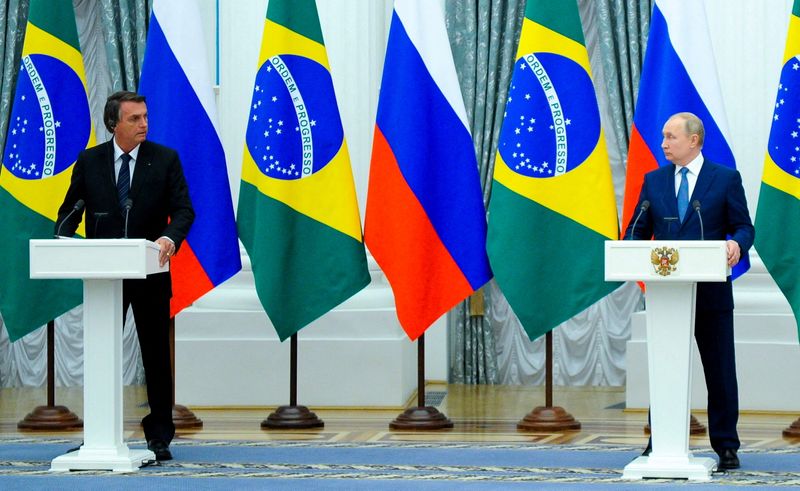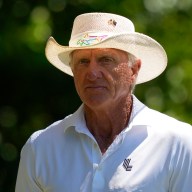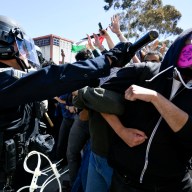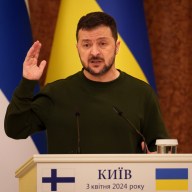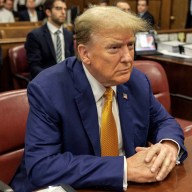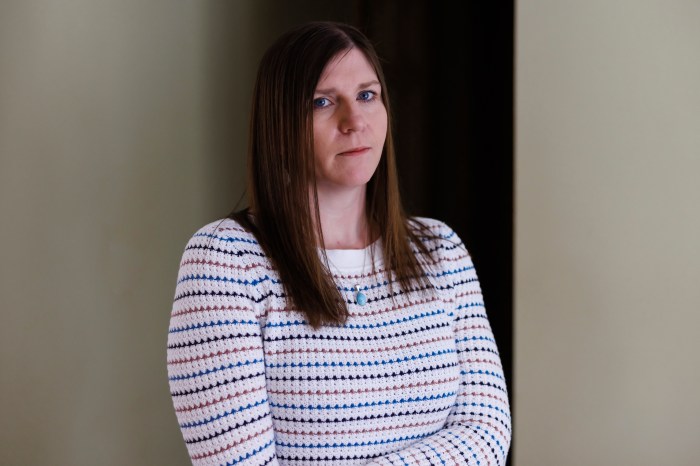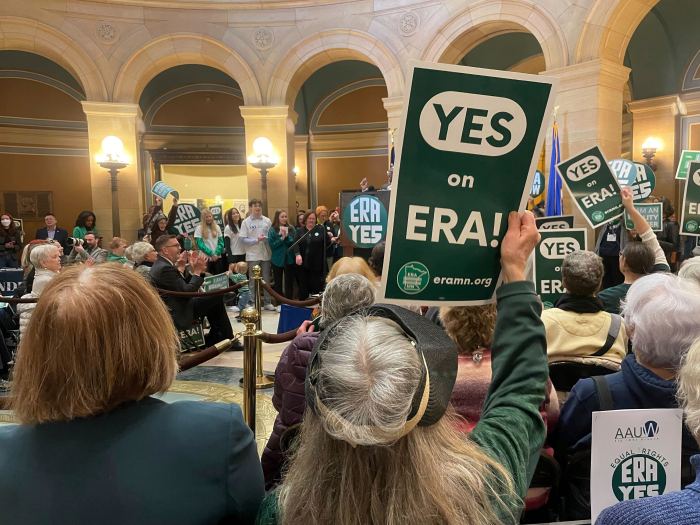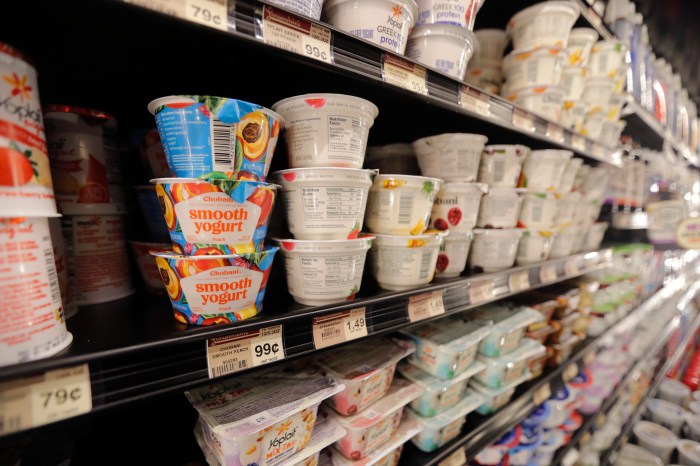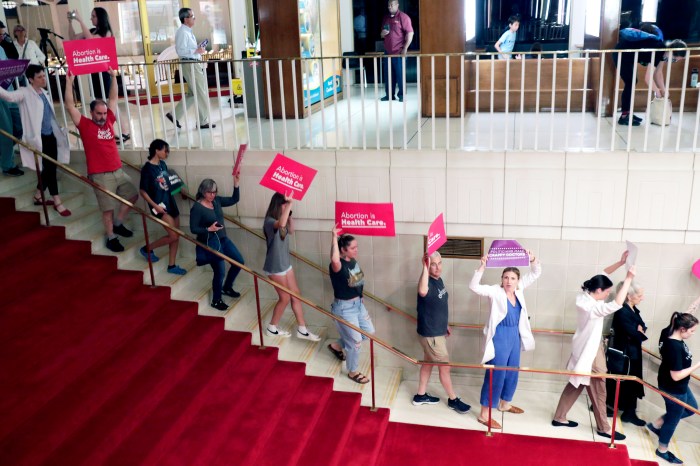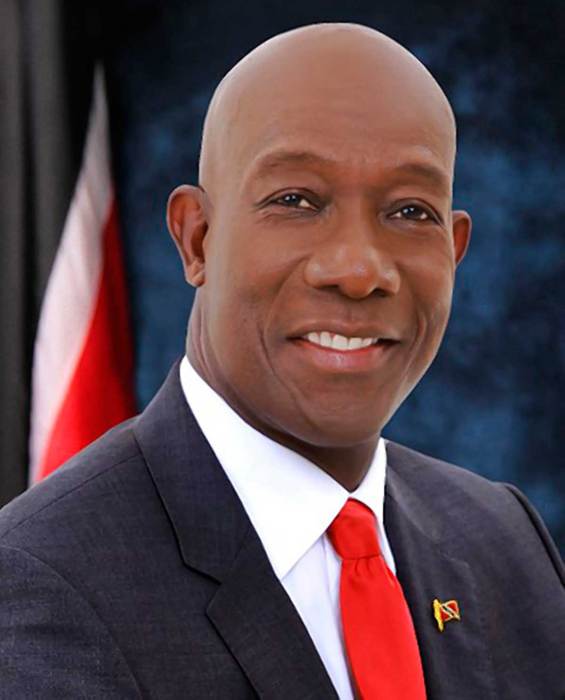BRASILIA (Reuters) – A Brazilian pharmaceutical firm said on Thursday a technology transfer would allow it to make the Sputnik Light COVID-19 vaccine for export to Latin American countries in a partnership touted by Russian President Vladimir Putin.
The vaccine, a single-dose version of the two-dose Sputnik V vaccine unveiled last year, is used as a booster in Mexico and Nicaragua and has been approved for use in Argentina, according to the Russian Direct Investment Fund (RDIF).
Privately-owned Brazilian company Uniao Quimica said it has produced millions of Sputnik V doses for sale in other countries by RDIF, since the vaccine is not approved for use in Brazil.
“We already have the Sputnik Light and we are ready to produce it commercially,” Miguel Giudicissi, chief science officer at Uniao Quimica, said in an interview with Reuters.
During a visit by Brazilian President Jair Bolsonaro to Moscow, Putin said on Wednesday that Russian-Brazilian pharmaceutical cooperation had “gained momentum” recently with local production of the Sputnik V vaccine.
RDIF, the sovereign wealth fund marketing the vaccine developed by Moscow’s Gamaleya Institute, said the transfer of Sputnik Light technology to Uniao Quimica in Brazil is underway.
“Potential production capacity will be up to 5 million doses of vaccine per month,” a spokesperson for RDIF said.
Uniao Quimica’s Giudicissi said its output is set by RDIF based on demand in the market.
He said Sputnik Light was made using the same single-use bio-reactors manufactured by General Electric that Uniao Quimica uses to produce the Sputnik V vaccines, which it has supplied to neighboring Argentina and Bolivia.
“The vaccine market is there and whatever you produce can be sold because demand is great,” Giudicissi said.
(Reporting by Anthony Boadle in Brasilia; Polina Nikolskaya and Vladimir Soldatkin in Moscow; Lucila Sigal in Buenos Aires; Editing by Paul Simao)

